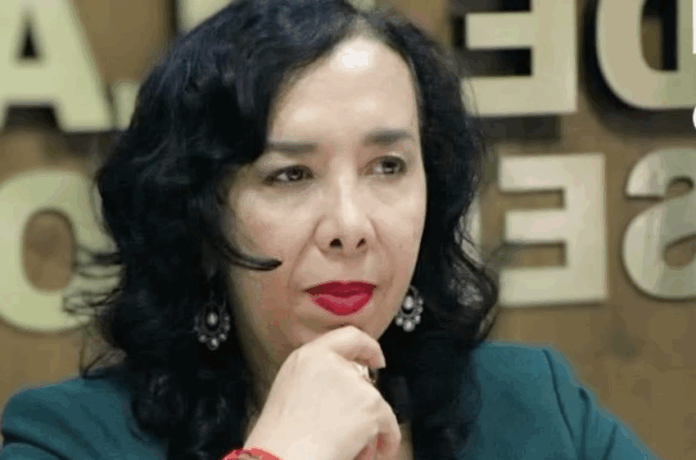In response to an updated U.S. list of individuals and companies alleged to have links to terrorists and drug traffickers, Mexico’s Financial Intelligence Unit (UIF) froze nearly two dozen bank accounts on Thursday, including one that belongs to a ruling party lawmaker.
Earlier, the U.S. Office of Foreign Assets Control (OFAC), an office of the Treasury Department, formally designated the Sinaloa Cartel faction known as “Los Mayos” and the leader of its armed wing, Juan José Ponce Félix (aka “El Ruso”), as terrorists.

Shortly thereafter, the UIF blocked a total of 22 accounts belonging to taxpayers accused of money laundering by the OFAC, which also alleged that those 22 individuals and companies have ties with the “Los Mayos” faction of the Sinaloa Cartel.
In a Thursday press release, the OFAC designated five individuals and 15 companies it had linked to a regional network of Los Mayos as “Specially Designated Nationals” (SDNS), while also designating the leader of a separate Sinaloa Cartel-affiliated gang engaged in fentanyl production.
“The Sinaloa Cartel is a foreign terrorist organization that continues to traffic narcotics, launder its proceeds, and corrupt local officials,” said Under Secretary for Terrorism and Financial Intelligence John K. Hurley, during a Thursday trip to Mexico City.
Among those added to the SDNS List was Deputy Hilda Araceli Brown Figueredo, a member of the ruling Morena party. Brown’s alleged relationship with Los Mayos dates to her time as mayor of Rosarito, Baja California (2021-2024).
“Due to its proximity to the U.S. border, Rosarito and the surrounding areas form a key artery for Sinaloa Cartel’s drug trafficking operations,” the OFAC noted.
The OFAC alleges that Brown had links to Candelario Arcega, a member of Los Mayos whose name is also on the latest SDNS list. The pair was allegedly associated with the Arzate brothers, previously designated Los Mayos leaders.
“Arcega maintains a close personal relationship with Brown and, because of their relationship, was able to control parts of the municipal government and appoint his allies to high-level positions within Rosarito’s government,” the OFAC press release stated.
After the OFAC action, the UIF announced that it had frozen bank accounts belonging to seven individuals and 15 companies.
“As a result of the designation of the [OFAC], and within the framework of the international cooperation mechanisms to which the Mexican State participates in matters of money laundering and terrorist financing prevention, the UIF has ordered an administrative freeze” on 22 entities, reads the announcement.
In a statement released on social media, the UIF said it will begin analyzing financial information related to the designated subjects, while also making clear that being included on the SDNS List is “a preventive measure, not a judicial determination, and does not prejudge the existence of criminal liability without evidence.”
If evidence of criminal activity is found, the UIF will forward its findings to the Attorney General’s Office (FGR).
When a person or group is designated an SDNS (that is, acting for or on behalf of terrorists or drug traffickers), the U.S. Treasury blocks their assets and U.S. persons are generally prohibited from dealing with them.
With reports from La Jornada, El Economista, Proceso and Milenio
